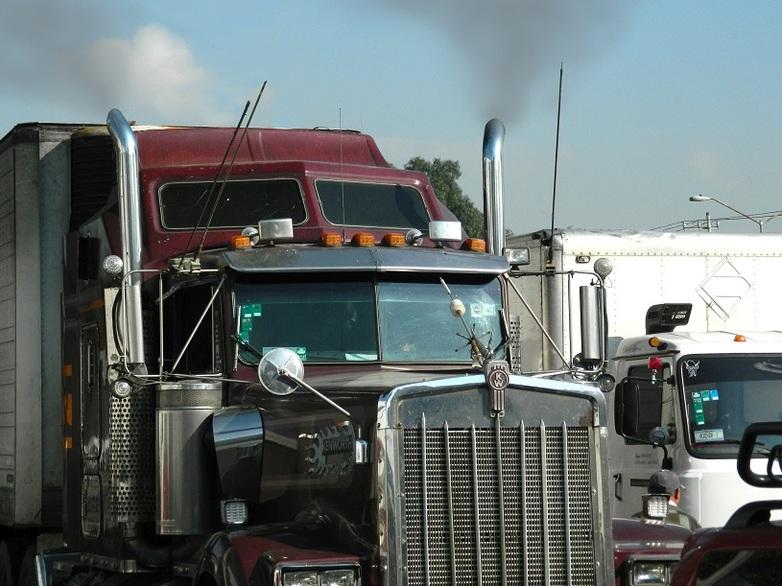Context
Mexico has ambitious goals for reducing greenhouse gas emissions. Transportation plays a crucial role in this process, as trucks, buses and cars account for around a quarter of the country's emissions.
However, road traffic not only harms the climate, particulate matter and traffic noise negatively impact the health of the urban population. The situation is particularly problematic in Mexico's metropolitan regions, where compliance with air pollution limits is inadequate.
City administrations and non-governmental organisations are already trying to convince citizens to use climate-friendly alternatives to cars. Despite this, there have been few initiatives to date promoting the green transport of goods.
Objective
Mexican authorities and companies are implementing measures to reduce greenhouse gases and air pollution in freight transport.
Approach
The project supports ministries, authorities and companies to identify and implement climate change mitigation measures in transport. The focus is on freight transport.
Ministries receive advice that enables them to introduce more stringent emissions and consumption standards in dialogue with automotive manufacturers and transport companies. This creates incentives for manufacturers to produce vehicles with lower emissions.
In order to further professionalise transport companies, the project is setting up a training platform that provides them with clear and transparent information on training schemes.
The project is also cooperating with federal states and municipalities to use pilot projects to test how goods traffic within cities can be made more efficient and greener.
Since there are many outdated vehicles on Mexico’s roads, the project is also cooperating with the Kreditanstalt für Wiederaufbau (KfW) to set up a support programme to renew vehicle fleets. Entrepreneurs who want to replace their old vehicles with new, more climate-friendly ones receive a scrapping premium for old vehicles and low-interest loans to finance new ones.

